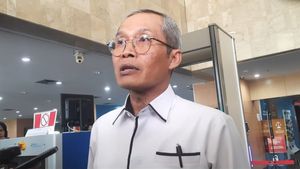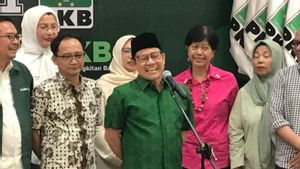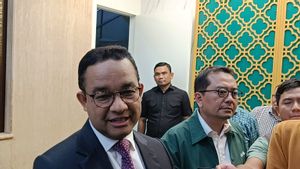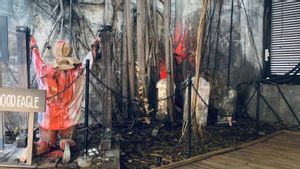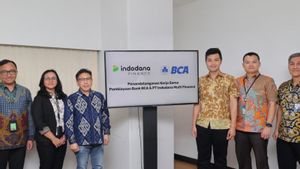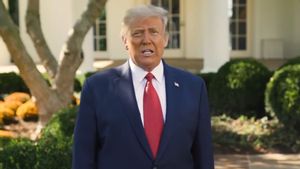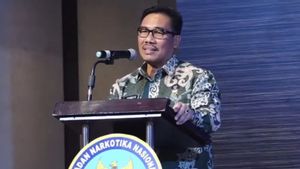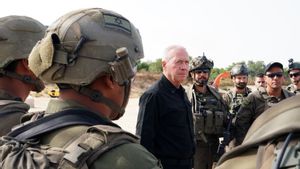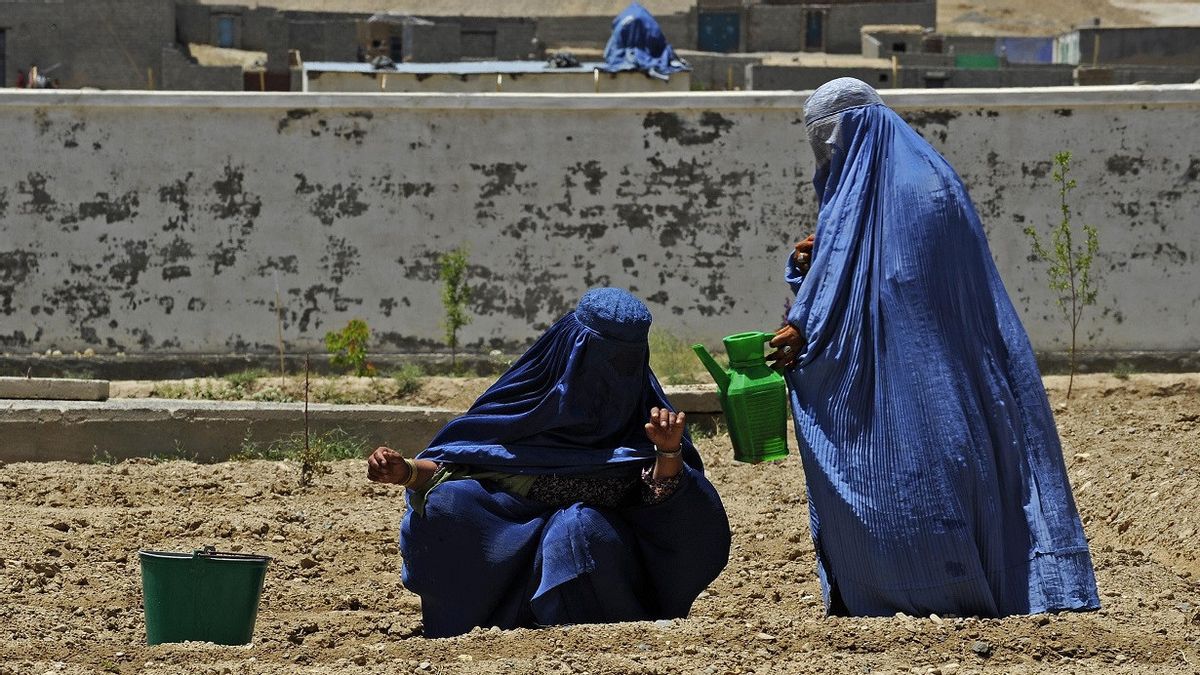
JAKARTA - The United Nations' human rights envoy for Afghanistan said the country faces a "severe" human rights challenge by calling on Taliban authorities to lift growing restrictions on women, investigating attacks on religious minorities.
Richard Bennett, the UN's special rapporteur on human rights in Afghanistan, spoke to reporters at the end of an 11-day visit to the country, his first since his position was formed.
"I urge the authorities to acknowledge the human rights challenges they face and to close the gap between their words and their deeds," he said.
Bennett further expressed concern over access to education, after the Taliban refused to allow girls to go to secondary school in March, and announced this month that women must cover their faces, to be enforced by punishing their closest male relatives.
"The directives on a maharam (male guardian), strict enforcement of the hijab and strong advice to stay at home provide a pattern of absolute gender segregation and make women invisible in society," he criticized.
Separately, deputy Taliban spokesman Inamullah Samangani denied human rights concerns, saying authorities had taken note of the issues mentioned and were working on the issue of girls' secondary education.
In addition to the restrictions on women, Bennett also called for an investigation into attacks targeting the Shia and Sufi religious minorities in Afghanistan, a trend he said had "crimes against humanity traits".
The past few months have seen more attacks on mosques and other civilian targets, some of which have been claimed by ISIS.
The insurgent group said it was behind three explosions in the northern city of Mazar-i-Sharif on Wednesday that killed at least 15 people in Shia-dominated areas.
Meanwhile, another explosion, which was not claimed, on the same day destroyed a Sunni mosque in the capital Kabul, killing at least five people.
The English, Chinese, Japanese, Arabic, and French versions are automatically generated by the AI. So there may still be inaccuracies in translating, please always see Indonesian as our main language. (system supported by DigitalSiber.id)


